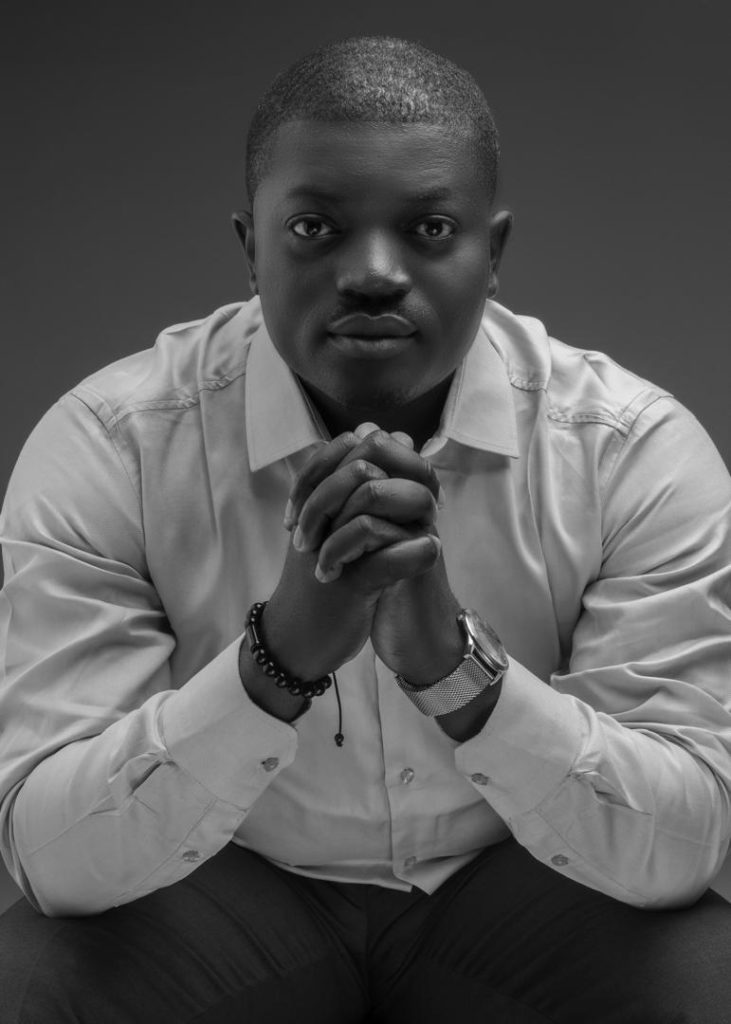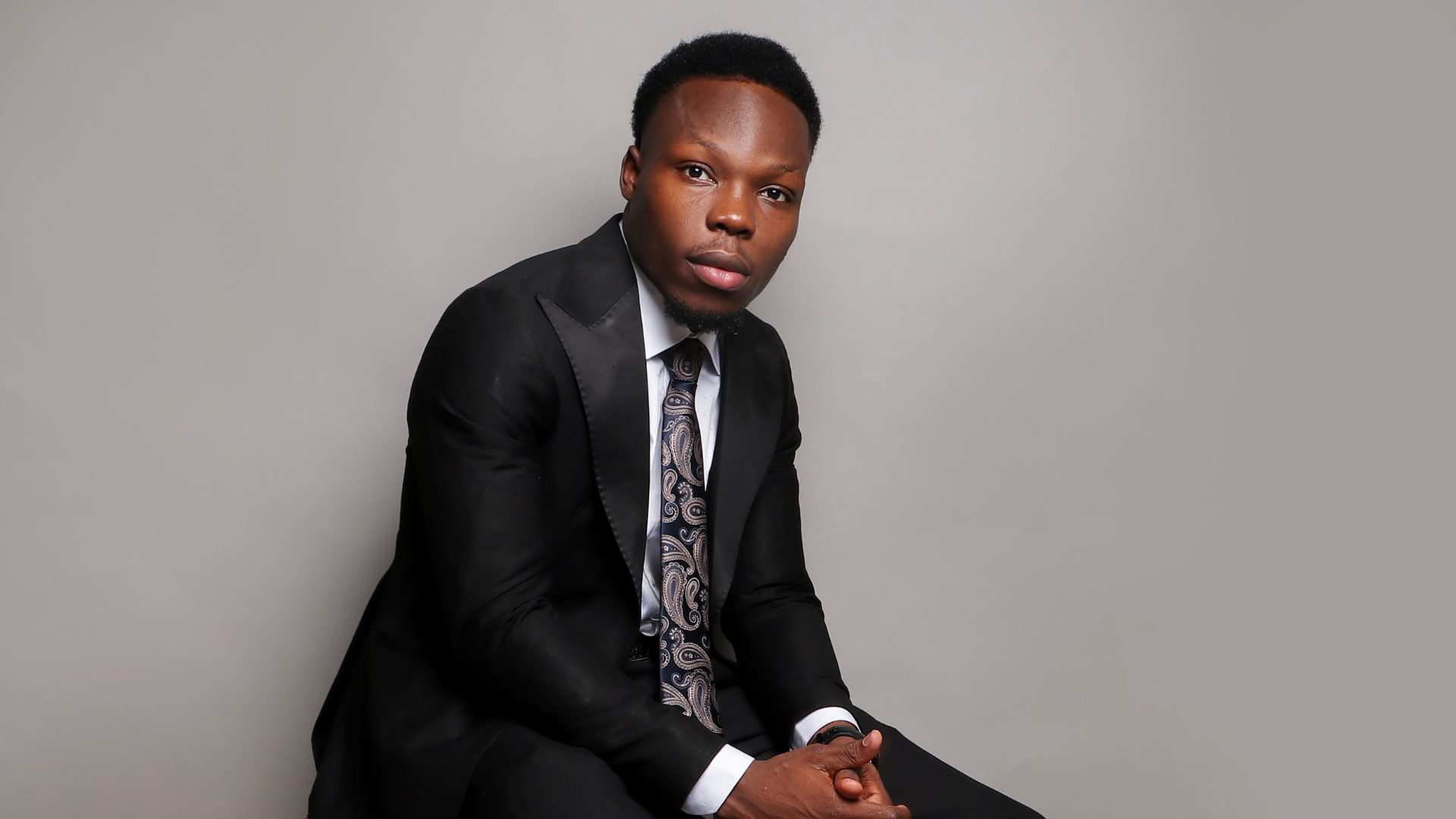
In a world where politics and social media are inseparable, Nigerian U.S.-based blockchain expert Adeshina Ajayi sees blockchain technology reshaping how we engage with politics and voting. Ajayi is at the forefront of a movement that advocates for blockchain-based social media platforms to drive more transparent, decentralised, and secure democratic processes. Speaking to TechCabal in a recent interview, he shared his insights on how blockchain could revolutionise the political landscape and voting systems.
Ajayi, widely known for his trailblazing work in blockchain consultancy and education, argues that the current social media platforms, which have become crucial for political campaigns and discussions, are fundamentally flawed. According to him, their centralised nature opens the door to manipulation, censorship, and significant data privacy concerns. He believes the solution lies in creating blockchain-based social media networks which can eliminate such vulnerabilities through decentralisation.
“Traditional social media platforms have become essential in politics, but their centralised structure is dangerous,” Ajayi said. “Governments, corporations, or even individuals can control or influence what we see and hear, making it easy to manipulate public opinion. With blockchain-based platforms, that control is removed. The network is decentralised, ensuring transparency and independence.”
Ajayi’s perspective on the flaws of traditional social media platforms reflects growing concerns about data breaches, misinformation, and the opaque nature of algorithms that decide which political messages get amplified. “The lack of transparency on these platforms undermines the democratic process. People don’t know why some political ads appear or why certain posts get prioritised, which can skew elections and voter opinions,” he explained.
For Ajayi, blockchain’s decentralised nature is key to addressing these issues. “Blockchain offers a way to build social media platforms where there’s no central authority to manipulate content. Every post, share, and interaction would be recorded on the blockchain, making it impossible for anyone to alter the information or tamper with history. This level of transparency will increase trust and accountability in political communication.”
This vision of blockchain-based social media, as Ajayi describes, extends beyond political discourse. He sees it as a tool for revolutionising voting systems by addressing the age-old problems of voter fraud, ballot tampering, and inefficient vote counting. “Blockchain technology can ensure that every vote is secure, counted correctly, and stored on a ledger that no one can tamper with,” Ajayi emphasised.
This opinion is echoed by many experts who worry about election interference by foreign entities. Blockchain-based voting would eliminate the need for intermediaries in elections and create direct voter participation in decision-making processes. “The beauty of blockchain voting is the trust it builds. Imagine voting from your phone or computer, knowing your vote is securely registered and verified in real time. You don’t have to worry about tampering or miscounting, and you have full confidence in the election’s integrity,” Ajayi said.
Ajayi’s vision doesn’t stop at elections. He believes blockchain can transform governance by allowing citizens to engage more actively in public decisions. “Governments could use blockchain to create decentralized systems for public opinion polls, legislative decisions, or even local governance,” he noted. “This could bring about more direct democracy where citizens have a say in key political decisions without the usual bureaucratic delays or interference.”
Despite the potential of blockchain, Ajayi acknowledges the challenges ahead. Blockchain-based social media and voting systems will face hurdles, from scaling the technology to ensuring users can easily navigate these platforms. “We’re still in the early stages, and there’s a lot of work to be done to make blockchain accessible to the masses,” he admitted. “The digital divide is real, and not everyone is equipped to use such advanced technology just yet.”
However, Ajayi remains optimistic about the future. “There was scepticism when the internet first emerged, just as there is with blockchain today,” he said. “But technology is here to stay. We’ve already seen how blockchain has disrupted industries like finance, and politics will eventually follow suit.”

















